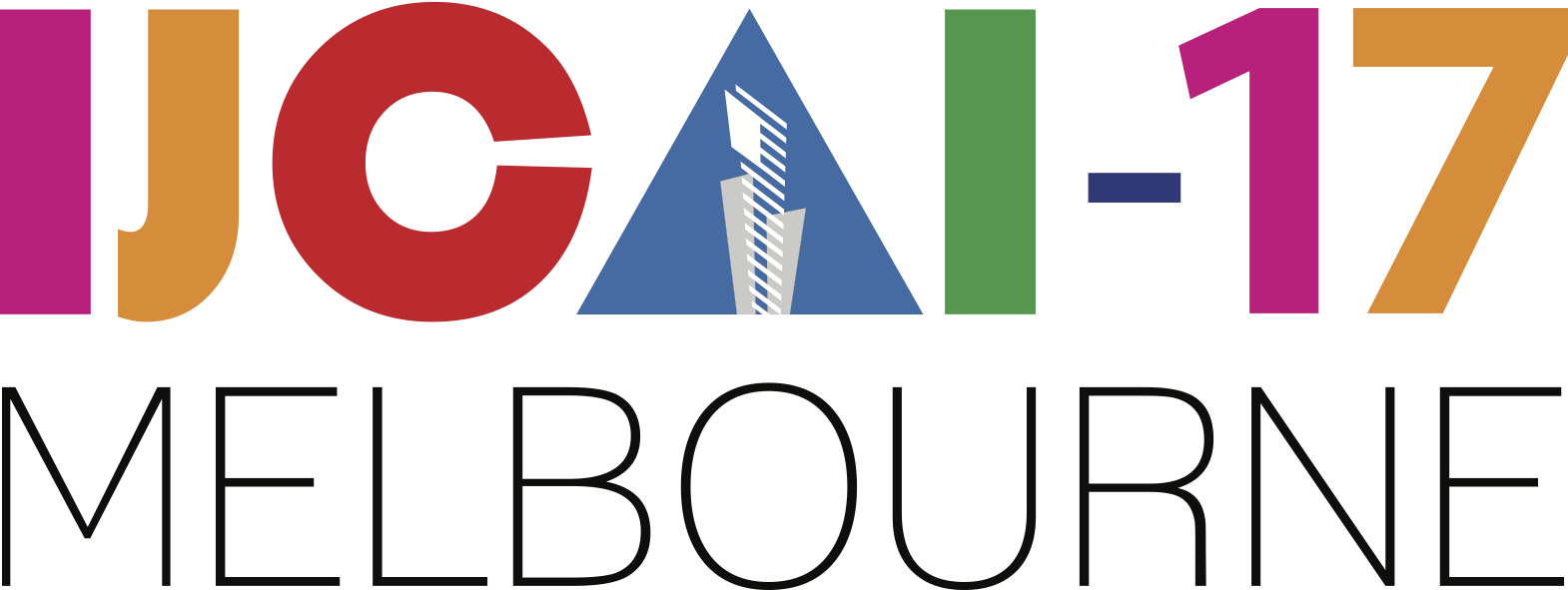Learning to Run Heuristics in Tree Search
Learning to Run Heuristics in Tree Search
Elias B. Khalil, Bistra Dilkina, George L. Nemhauser, Shabbir Ahmed, Yufen Shao
Proceedings of the Twenty-Sixth International Joint Conference on Artificial Intelligence
Main track. Pages 659-666.
https://doi.org/10.24963/ijcai.2017/92
``Primal heuristics'' are a key contributor to the improved performance of exact branch-and-bound solvers for combinatorial optimization and integer programming.
Perhaps the most crucial question concerning primal heuristics is that of at which nodes they should run, to which the typical answer is via hard-coded rules or fixed solver parameters tuned, offline, by trial-and-error.
Alternatively, a heuristic should be run when it is most likely to succeed, based on the problem instance's characteristics, the state of the search, etc. In this work, we study the problem of deciding at which node a heuristic should be run, such that the overall (primal) performance of the solver is optimized. To our knowledge, this is the first attempt at formalizing and systematically addressing this problem. Central to our approach is the use of Machine Learning (ML) for predicting whether a heuristic will succeed at a given node. We give a theoretical framework for analyzing this decision-making process in a simplified setting, propose a ML approach for modeling heuristic success likelihood, and design practical rules that leverage the ML models to dynamically decide whether to run a heuristic at each node of the search tree. Experimentally, our approach improves the primal performance of a state-of-the-art Mixed Integer Programming solver by up to 6% on a set of benchmark instances, and by up to 60% on a family of hard Independent Set instances.
Keywords:
Constraints and Satisfiability: Constraint Satisfaction
Constraints and Satisfiability: Constraints and Satisfiability
Constraints and Satisfiability: Constraint Optimisation
Combinatorial & Heuristic Search: Combinatorial search/optimisation

